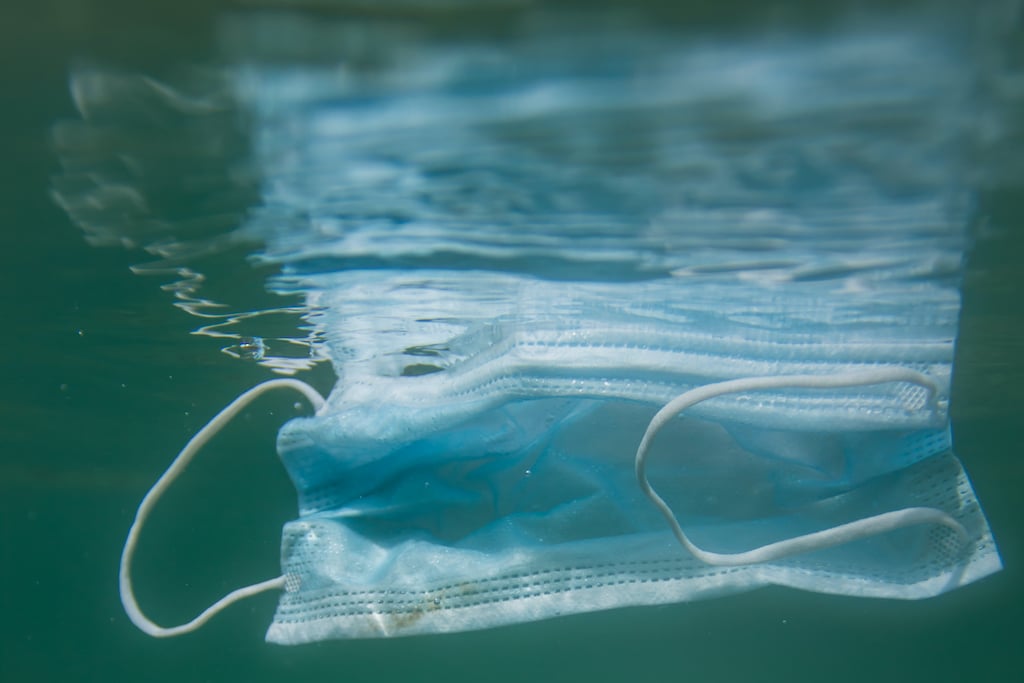 Selina Donald, Founder of The Bulb, which provides sustainability consultancy to event organisers, brands and NGO’s, on why now is the time for the events industry to reassess priorities and work towards a more sustainable future…
Selina Donald, Founder of The Bulb, which provides sustainability consultancy to event organisers, brands and NGO’s, on why now is the time for the events industry to reassess priorities and work towards a more sustainable future…
The first to close, the last to re-open, Covid-19 has shaken our industry to the core and it’s unclear what will meet us on the other side. Whilst we navigate through the uncertainties and strive to keep our businesses viable, one positive has materialised – the emergence of a culture of collaboration and support across agencies, freelancers, suppliers and client teams for both the survival of our companies, and most importantly, one another’s wellbeing.
In an industry traditionally characterised by competition and siloism, expensive pitching processes and the persistent quest to produce the ‘biggest and the best’, the rise of partnership and the sharing of tools and expertise has been refreshing and humbling to see. Covid-19 has guided us to a new way of working and cultivated a spirit of “we’re in this together”, most notably illustrated by the recent #WeMakeEvents protest and campaign which has gained incredible momentum across the country.
With this mind, Covid-19 has arguably set us in a solid stead and with a valuable structure to approach the ‘other’ global challenge: climate change. The definition of sustainability is meeting our own needs without compromising the ability of future generations to meet their own needs. In simpler terms, thinking about the impact of our actions and decisions now, in order to protect the future. Arguably we can see this altruistic approach in our ‘new normal’ etiquette, social distancing, sanitising our hands and wearing masks, all carried out in order to protect ourselves and each other.
There is a collective need for live events to start again. We need to feed our creativity, our passions, our days and our bank balances. When we start again is out of our control, but we are accountable for how we start. We have a rare opportunity of time to look inwards at the way we work, consciously take into account the impacts of our business activities to date, and create a more resilient approach, in cohesion with each other. Moving forward, collaboration and support are vital in order to progress a more sustainable event industry, both in terms of safety for our teams, attendees and businesses, and for responsibility for the Planet and our future generations.
So what could balancing safety and responsibility with the support of collaboration, look like? Let’s start by focusing on the wellbeing of our teams. The past was dominated by long hours, high pressure and fast turnarounds with minimal work/life balance. We’ve seen that we don’t need our entire teams in the office for an agency to work. We can spend more time with our families, commute less, work from home and still get the job done. Those who put the welfare of their teams at the heart of their business, will feel the benefit later.
The demise of presenteeism can be applied to the attendees of events too. No longer will guests be flying from one country to another for a day or two at a time. International events will be characterised by a hybrid approach, a smaller, localised event streamed online for a global audience. This approach helps us reduce emissions from decreased airline travel and transport and puts us on the right path to transition to net zero emissions, a goal that has to be achieved by all industries by the middle of this century or risk irreversible consequences.
For those attending events, transparency and clear communication around health and safety will be essential. Access to live events will be tighter, requests may be made regarding the health and travel information of staff and participants, which could stretch the limits of privacy, and a system may be put into place to assess risk. As well as maintaining safety, the fear factor has to be managed and attendees need to be reassured and feel confident that as an event organiser, you have put every measure possible in place to prevent the risk and spread of Covid-19.
Those measures predominantly come in the form of personal protective equipment (“PPE”) which will be the fundamental requirement for all events going ahead. PPE must be worn by your teams, suppliers and attendees, and whilst this has paramount importance, it come with a detrimental effect on the environment. It is estimated that over 1 billion pieces of PPE were used in the UK between February and April alone this year, and due to it’s inherently plastic and single-use nature, PPE is setting the world back years in tackling plastic pollution.
To address this issue, organisers need to hold a magnifying glass up to the way they design events. The design stage of every event is the most important, and where, if sustainability is considered and implemented, it can have the most impact. This stage of event planning is about decision making, and sustainability simply comes down to putting responsible decision making at the heart of designing your event. Making responsible decisions across supply chains, processes, people and materials and embracing and embedding these choices into the creative and operations as a whole, rather than at the expense of each other. For a framework on how to balance sustainability and safety into the design of your event, explore The Bulb’s guide to post-lockdown events.
Whilst we in the events industry wait for a signal of when business can resume, we have an opportunity to ensure that they do not resume ‘business as usual’. Whether in reference to Covid-19, climate change or everyday working life, we know that the isolationist approach does not work, and only creates increased negative impacts. It is often said that out of a crisis, comes transformation. Ways of working that previously seemed unattainable, now feel within reach. Now is the time to reorganise and restructure all that we know. To reassess our company values and priorities and to remodel our approaches towards a more sustainable future.

